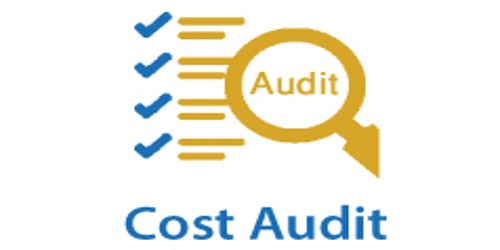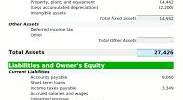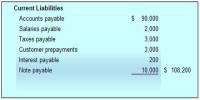Cost Audit
The term ‘cost audit’ refers to the audit of cost records. The cost auditor is appointed to check the cost accounting records in order to ascertain their accuracy and also to ensure that the cost accounting plan as laid down by the company is carried out. Cost audit is an audit of actual performances. As per ICWA London’ “cost audit is the verification of the correctness of cost accounts and of the adherence to the cost accounting plan.” It is an audit of the efficiency of minute details of expenditure while the work is in progress and not a post-mortem examination.
The main functions of cost audit are: To verify that the cost accounts are correctly kept in accordance with the principles of costing employed in the industry; and, To detect errors and prevent frauds and possible misappropriation. It offers many advantages to management, cost accountant, shareholders, statutory auditor, consumers, and the government.
Cost audit acts as an effective managerial tool for the detection of errors, frauds, inconsistencies, and irregularities in cost accounting records. It helps to determine whether the cost accounts reflect a true picture of the organizations financial status. It is different from the financial audit as the latter is an examination of financial books and records in order to see whether or not the financial statements represent a true and fair view of the state of affairs of the organization while the former is the verification of cost accounts and a check on adherence to the cost accounting plans. The cost auditor can be appointed by the Board of Directors by taking prior permission of Central Government.
Objectives are –
- To establish the accuracy of costing data.
- Correct valuation of work-in-progress.
- To ensure that cost accounts are correct and also to detect errors, frauds and wrong practice in the existing system.
- Efficient utilization of resources.
- To check up the general working of the costing department of the organization.
- Ensuring the quality of the functioning of corporate management.
- To help the management in taking correct decisions on certain important matters.
















